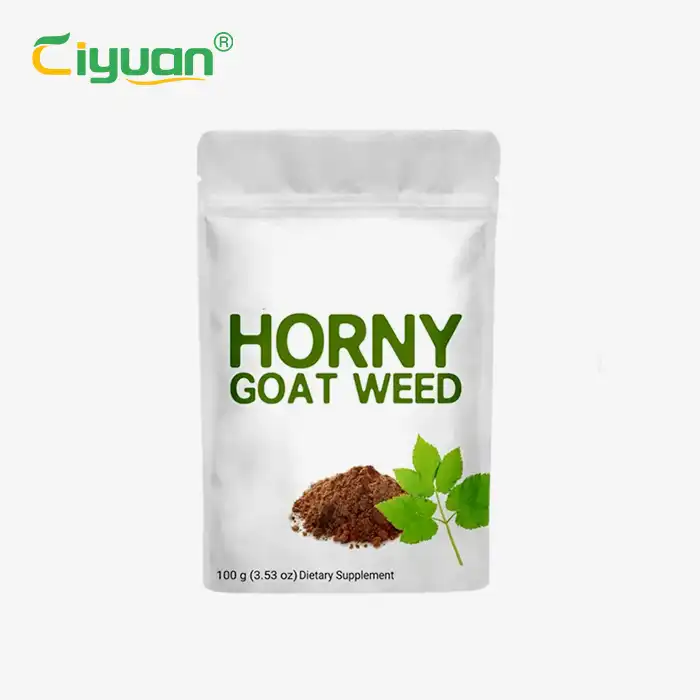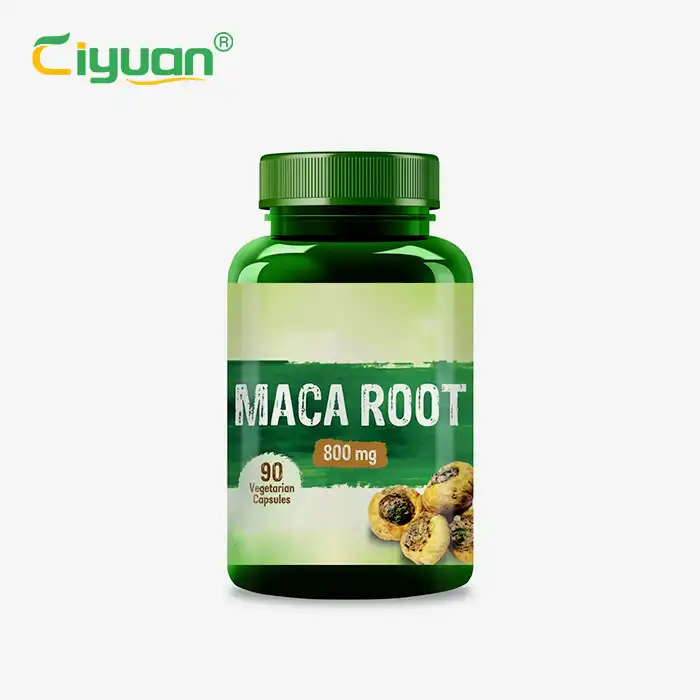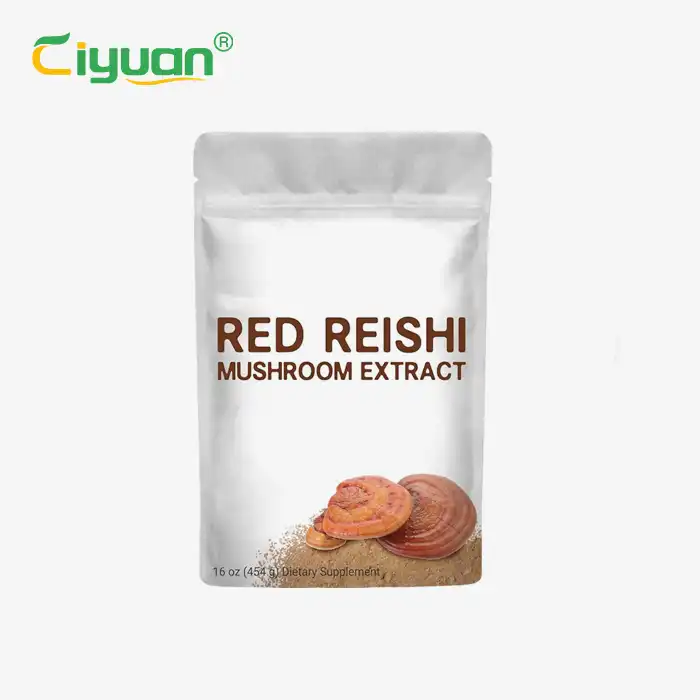What is ginseng tea bags?
 2025-01-06 15:49:30
2025-01-06 15:49:30
Whatis Ginseng Tea?
![]()
Ginseng Tea is a green tea made from the fresh leaves of artificially cultivated ginseng through the processes of greening, kneading and drying according to the method of making green tea. Ginseng is a perennial herbaceous plant, its root and leaves are edible, and it is a traditional Chinese tonic. Ginseng is a perennial herbaceous plant in the family of five eggplant, the main root is fat, milky yellow, palmate compound leaves, the root and leaves contain a variety of ginsenosides, with anti-fatigue, sedative, and other effects.
Ginseng fruit saponin content is higher than the ginseng root, has the effect of tonifying the five viscera, an spirit, stop palpitations, eyesight and wisdom, the metabolism of lipids and sugar, the synthesis of nucleic acids and proteins, has a promotional effect, can promote the growth of liver cells, skull cells and nerve fibers. It contains twenty kinds of saponin active substances, seventeen kinds of amino acids, eleven kinds of trace elements, three kinds of anticancer activity selenium and crude protein. It has the ability to benefit qi and blood, regulate endocrine, and promote metabolism. Efficacy: clearing heat and anti-inflammatory, calming the liver and clearing fire, detoxification of pharynx, lowering blood pressure, dizziness, dizziness, insomnia, tinnitus, acne, acne, acute pharyngolaryngitis, and many other health care functions.

Applications:
![]()
Improvement of body's adaptability:
Ginseng can change the responsiveness of the body, similar to Sophora flavescens, Schisandra chinensis, etc., and has an “adaptogen”-like effect, i.e., it can enhance the body's ability to respond to various kinds of harmful stimuli, and strengthen the body's adaptability.
Effects on heart function:
Ginseng has the effect of excitation followed by inhibition, small amount of excitation and large amount of inhibition on the heart of many kinds of animals. Its effect on the heart is similar to that of cardiac glycosides, which can increase myocardial contractility. Large doses of ginseng can weaken the contractility and slow down the heart rate.
Anti-shock effect:
Ginseng attenuates serum-induced anaphylactic shock in guinea pigs while prolonging their survival time. In mice with scalded shock, it can significantly delay their death. For dogs in hemorrhagic and asphyxiated dying states, it has the effect of promoting the recovery of normal life activities.
Effects on the Liver:
Ginseng increases the activity of the enzymes that metabolize various substances in the liver, so that the detoxification capacity of the liver is enhanced, thus increasing the body's tolerance to various chemical substances.
Ginseng tea is important for maintaining human health, tonifying the spleen and lungs, quenching thirst, and calming the spirit and increasing intelligence. However, due to the destruction of the ecological environment and over-excavation by human beings, genuine wild ginseng is hard to find. The ginseng used in clinical practice is generally cultivated, also known as red ginseng or raw sun ginseng. There are two types of ginseng on the market in China, one is imported and the other is cultivated, and its efficacy and price are far from each other. Consumers should choose companies that provide transparent information on sources, processing and third-party test results.










